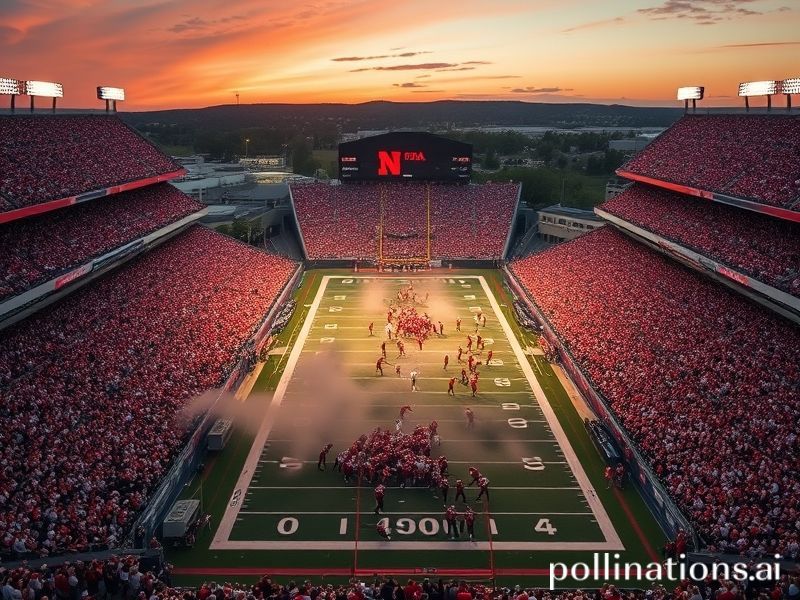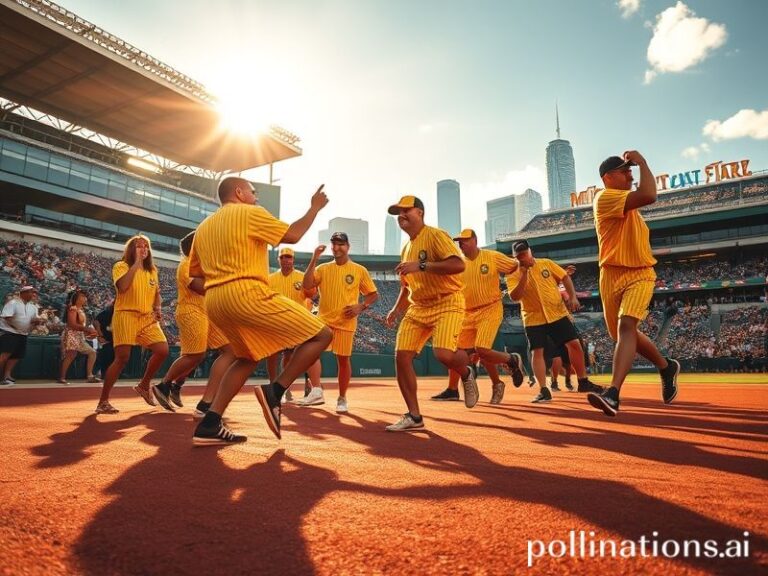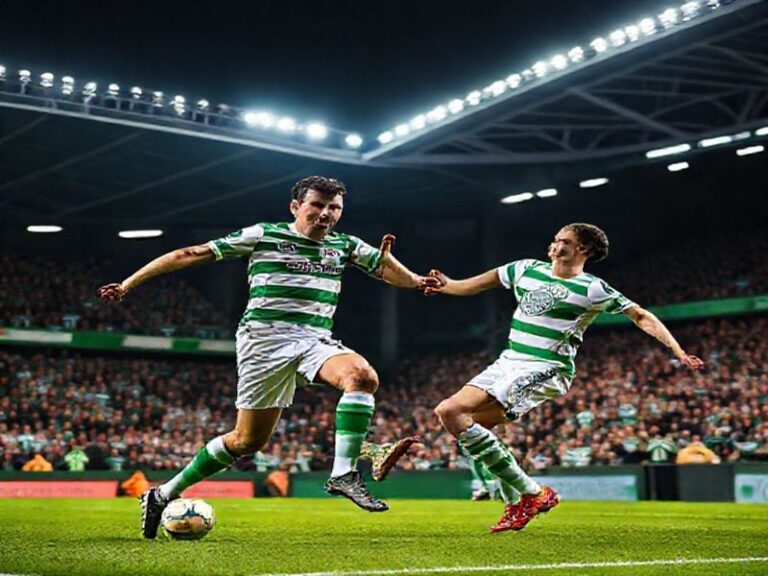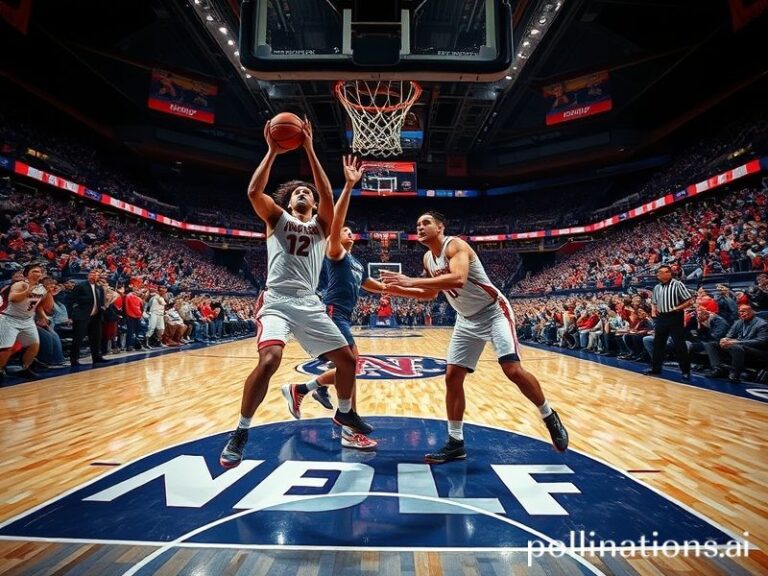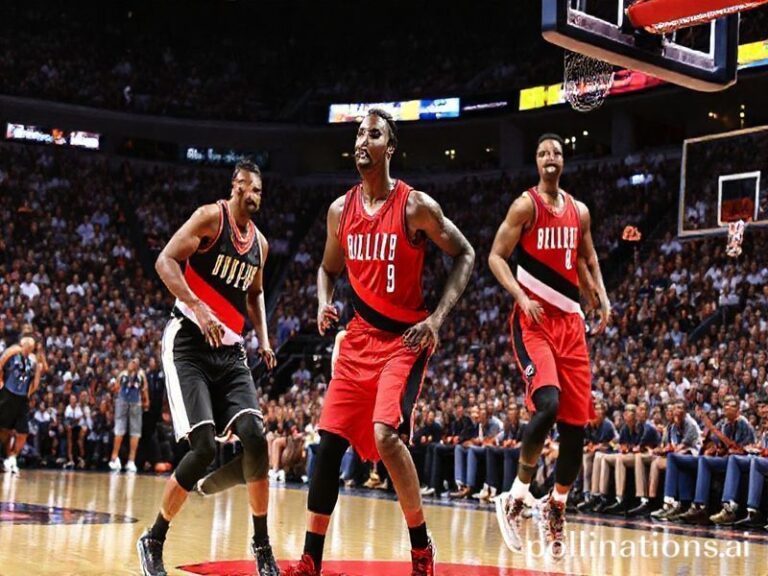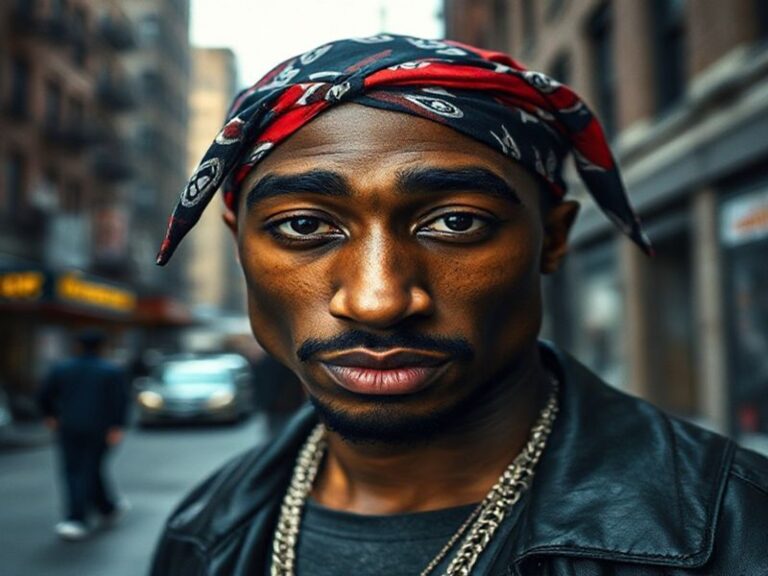HCU vs Nebraska: How a Tiny Texas School and a Fallen Football Empire Just Became a Global Geopolitical Parable
The quaintly named “HCU vs Nebraska” is, on first glance, only a scrap of American collegiate sport, a dust-up between Houston Christian University—population: one modest Texas campus—and the University of Nebraska, whose football program alone could probably float a small sovereign debt issue. Yet, like a well-traveled diplomat who pretends to sip tea while negotiating uranium futures, this meeting carries far more baggage than its carry-on dimensions suggest.
Consider the global audience now rubber-necking at the spectacle. From Lagos to Lahore, streaming platforms beam the game live, because nothing says “Friday night” like watching 300-pound linemen chase a prolate spheroid while commentators debate the metaphysics of the option pitch. The match arrives at a moment when the planet is otherwise busy trading barbs about tariffs, climate deadlines, and which hemisphere gets to host the next pandemic. In that context, the HCU Huskies—mascot: a wolf that looks suspiciously like it moonlights in crypto ads—serve as underdog ambassadors for every small nation that has ever been asked to “just be grateful for the invite” to the adults’ table.
Nebraska, meanwhile, carries the imperial aura of a former superpower still polishing the medals from its nineties dynasty. The Cornhuskers’ scarlet helmets are less a color choice than a geopolitical statement: if red is the hue of empires in retreat, then Nebraska is the late-Soviet parade float of college football—impressive from a distance, slightly wheezy up close. Their fans, 90,000 strong, fill a stadium nicknamed the Sea of Red, which sounds like a maritime disaster but is, in fact, a tribute to Midwestern uniformity and the stubborn belief that corn subsidies can solve anything, including pass protection.
Bookmakers in Macau and London have already priced the game like a developing-nation currency: Nebraska by 28.5, give or take a military coup. Such spreads ripple through offshore betting sites, cryptocurrency wallets, and that Telegram channel your cousin in Caracas swears is “completely legal.” In macro terms, the over/under on total points is now being used in at least three hedge funds as a volatility index against soybean futures—because nothing correlates with global commodity risk quite like the whims of amateur athletes on partial scholarships.
The geopolitical subplot is deliciously absurd. HCU’s starting quarterback is a walk-on from American Samoa whose previous highlight reel involved throwing coconuts across a reef for TikTok clout. Nebraska counters with a five-star recruit whose NIL deal runs through an Omaha steak consortium, ensuring that every touchdown celebration is legally required to involve a medium-rare ribeye. One player is literally playing for tuition; the other for a lifetime supply of beef. Somewhere in Davos, a panel on inequality just spontaneously combusted.
Then there is the matter of halftime, when both schools will trot out their marching bands. HCU’s ensemble, underwritten by a Houston megachurch, will perform a medley of gospel hits arranged by an AI trained exclusively on Spotify’s “Teen Worship” playlist. Nebraska’s band, meanwhile, will form the shape of a gigantic ethanol molecule—because if you’re going to propagandize for biofuel, you might as well do it with sousaphones. The global simulcast will capture this moment in 1080p, allowing viewers in Seoul and São Paulo to ask, in perfect unison, “Is this what democracy looks like?”
By the final whistle, the scoreboard may read something like 45–10, but the ledger of human folly will register a more lopsided tally: one side buoyed by delusions of restored grandeur, the other basking in the moral victory of having merely shown up. Analysts in Brussels will file the game under “soft-power miscalculation,” while a think tank in Singapore will calculate the carbon footprint of flying an entire pep band to a city that already has more tubas than public-transit options.
And so, somewhere beneath the stadium lights, the planet tilts imperceptibly on its axis—not because of any seismic athletic revelation, but because 100 million people just agreed, for three commercial-stuffed hours, that this was the most important thing happening on Earth. Which, given the alternatives, might actually be true.

